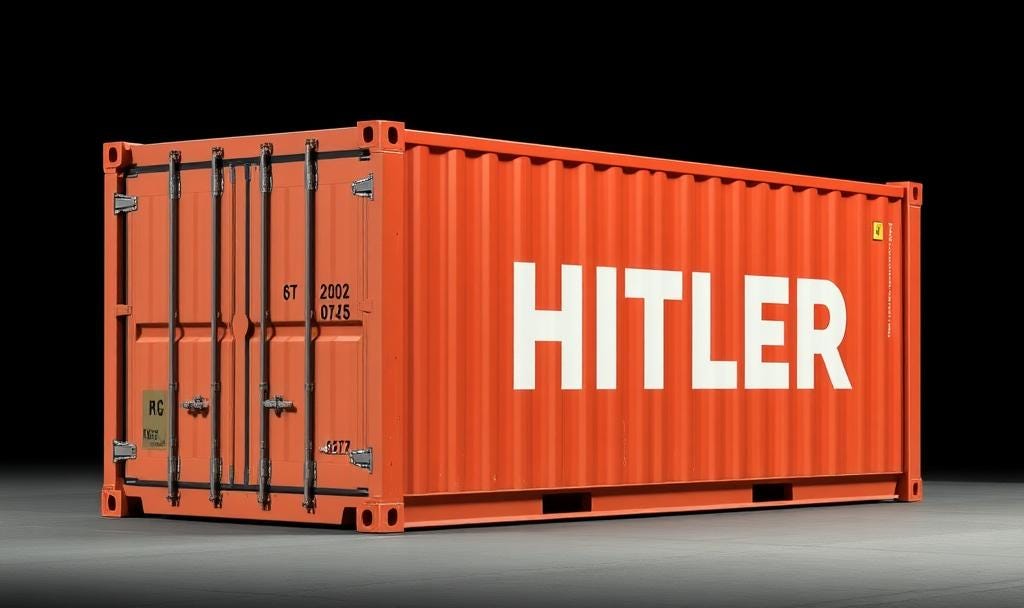There’s a lot of angst about President Donald Trump’s commitment to tariffs, and it’s worth taking a step back from the overblown fears and dare-I-say misinformation on the topic.
Opposing tariffs became a kind of untouchable token of policy elites in recent decades, championed by free traders and adopted by the center-left since before any of us were born. As a free-market fundamentalist, I felt pretty good about this, and frankly loved the grumbling of Lefty “fair traders” who resented Clinton and Obama embracing free trade agreements and globalization. In my mind, if you oppose free trade, you also oppose prosperity, capitalism, and America, not to mention improving the welfare of the world’s poor.
However … knee-jerk free traderism is a shibboleth. The hostility to tariffs has a richer history than you may realize, with roots in the birth of the Republican party and the emergence of 19th century progressive politics. The large administrative state of today was only possible with the legalization of income taxation, so the war on tariffs that is over a century old is actually a marketing campaign. Maybe too successful. You should have an open mind, and here are the reasons why:
Tariffs are a tax. Period. They are a flat tax on imported consumption.
Tariffs are no worse than other taxes, and maybe better. Anyone claiming they are “bad” must be asked relative to what alternatives. Are tariffs worse than payroll taxation? Estate taxes? I’d for one like to see an honest conversation about the economic harm of the whole slate of possible taxes, because I am telling you now that tariffs are among the least bad forms. Are they bad? … More specifically, do tariffs reduce individual prosperity? Yes. Reduce economic efficiency? Yes. Hinder economic growth and specialization and global welfare? Yes, yes, yes. And so does EVERY OTHER tax!
First big positive: Taxing consumption is much better than taxing income. As Google’s new AI search will tell you, “Among economists, there is a growing consensus that taxing consumption is generally considered more economically efficient than taxing income; this means that, if choosing between the two, most economists would favor a consumption tax system over an income tax system, as it is seen to encourage saving and investment by not taxing income that is saved rather than spent.”
Second big positive: flat taxes are much more efficient and corruption-free than progressive taxes.
The “consensus of economists” against tariffs is misleading. The American Economic Association has a recurring survey on the Consensus among economists that is valuable, in which something like 95% of professional PhD economist agree that tariffs “reduce general economic welfare.” And I agree — in the world of pure theory. However, the survey asks nothing about other taxes in such stark, partial equilibrium terms. So it’s worth noting that the same AEA survey finds that half of respondents agree with the statement, “Reducing the tax rate on income from capital gains would encourage investment and promote economic growth.” And keep in mind, the AEA respondent pool is extremely lefty, with twice as much racial diversity as ideological diversity. The skew has gotten notably worse over the past thirty years, and responses to many questions is decidedly more in favor of big government.
Free trade agreements evolved radically to be much less about zero tariffs and more about creating an international thicket of sovereignty-sucking regulations. My time in DC taught me to be suspicious of the industry of trade negotiation, which sure enough is often used to kneecap strong U.S. companies. The U.S. government should not be fertilizing that soil.
The U.S. is running a trillion dollar budget deficit. Are tariffs worse than more debt? Honest policymaking is about tradeoffs, and we need a more honest discussion about what taxes are best suited to balancing the budget.
There is a worst of all taxes. For me, the worst kind of tax is on the labor of the poorest American workers. Why in God’s name aren’t policymakers talking about lowering the payroll tax?
Open trade with malignant regimes is idiocy. In the world of pure theory, reducing global trade friction is Nirvana, where all nations are friendly. In the real world, China and Russia and Iran are hacking the computers of U.S. citizens, exporting deadly drugs and divisive misinformation into the U.S., and in some cases causing deadly pandemics. They enslave their own citizens, invade neighbors, and oppress women. Key question: Would the supporters of zero tariffs also support free trade with Nazi Germany?




